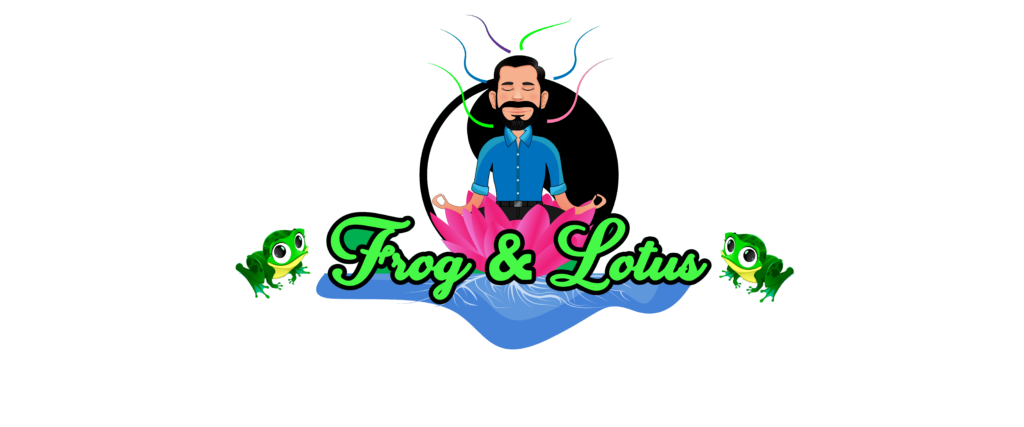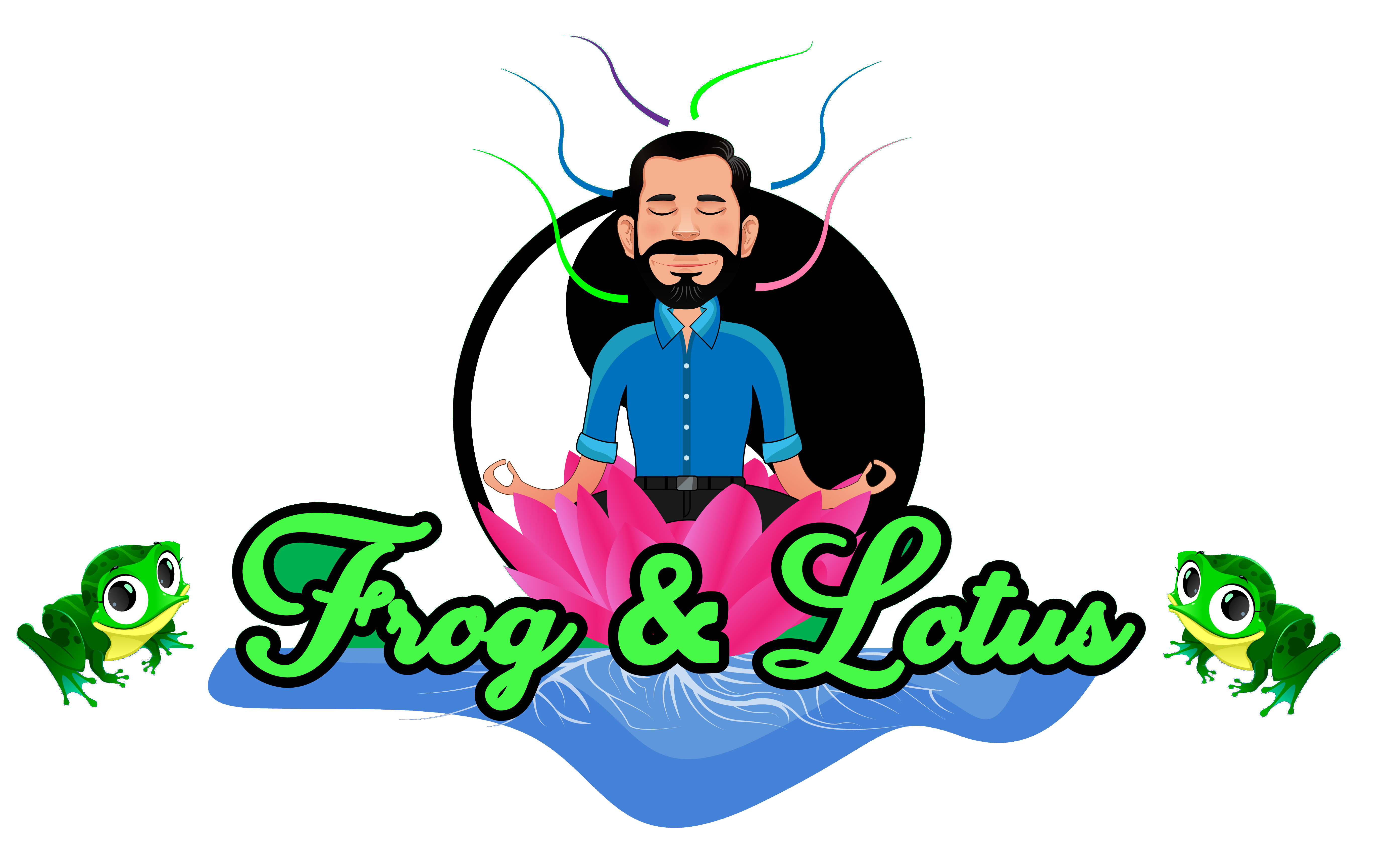This past weekend I decided to give a second listen to the audiobook, The Alchemist by Paulo Coelho. It was written in 1988 but didn’t become a best seller until much later after the author was interviewed by Oprah. After that, it spent 400 weeks on the New York Times best-seller list. The first time I read it was at least ten years ago and the story did not have nearly the impact it had on me this time around. Perhaps that’s because it’s a story of a boy on a Hero’s Journey and covers many of the topics discussed in this blog series. In the story, the character Santiago sets out to find his treasure and along the way he meets an alchemist who helps him experience transformation. It’s a light and uplifting read.
Alchemy has always seemed an elusive subject to me and I never really understood the fascination behind it. Oxford Languages (Google) defines it as “the medieval forerunner of chemistry, based on the supposed transformation of matter. It was concerned particularly with attempts to turn base metals into gold or to find a universal elixir.” I had thought it was just something that mad scientists tried to do in a laboratory in order to get rich by turning basic metals into gold. And scientifically speaking, that’s exactly what it is. But there is a far more metaphorical meaning behind it.
My curiosity about alchemy was certainly sparked when I learned that Carl Jung, the renowned psychoanalyst had an interest for it. In the book, Jung: A Very Short Introduction by Anthony Stevens, Jung is quoted saying, “The experiences of the alchemists were, in a sense, my experiences, and their world my world. This was, of course, a momentous discovery. I had stumbled upon the historical counterpart of my psychology of the unconscious.” Jung was of course writing about his work studying the balancing act that happens between conscious and unconscious contents of the psyche. Stevens elaborates, “Hitherto, alchemy had been dismissed as no more than a crude anticipation of chemistry, but Jung believed that, in their efforts to turn base metals into gold, the alchemists were symbolically engaged in a process of psychic transformation. In other words, alchemy was a metaphor for individuation.”
Individuation was a topic that we discussed on Day 2 and, as a reminder, it is essentially a process of awakening to one’s full potential, which happens by making unconscious contents of the psyche conscious. The goal of both individuation and alchemy is the self-actualization at the top of Maslow’s hierarchy, oneness instead of duality, and to reach the destination of the Hero’s Journey.
Photo by Jingming Pan on Unsplash


